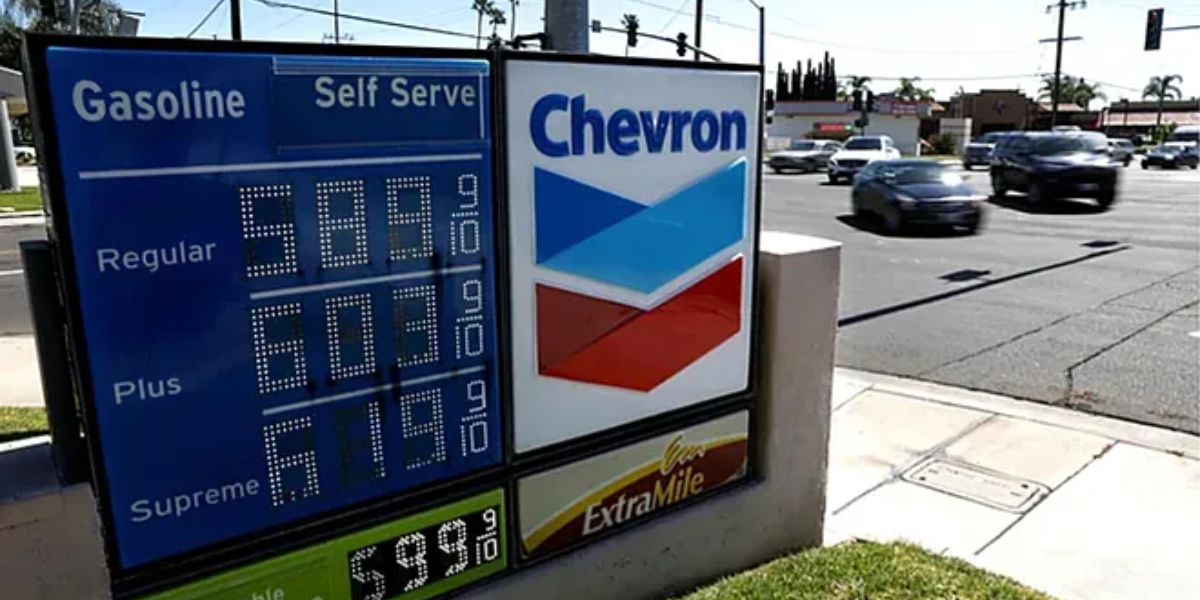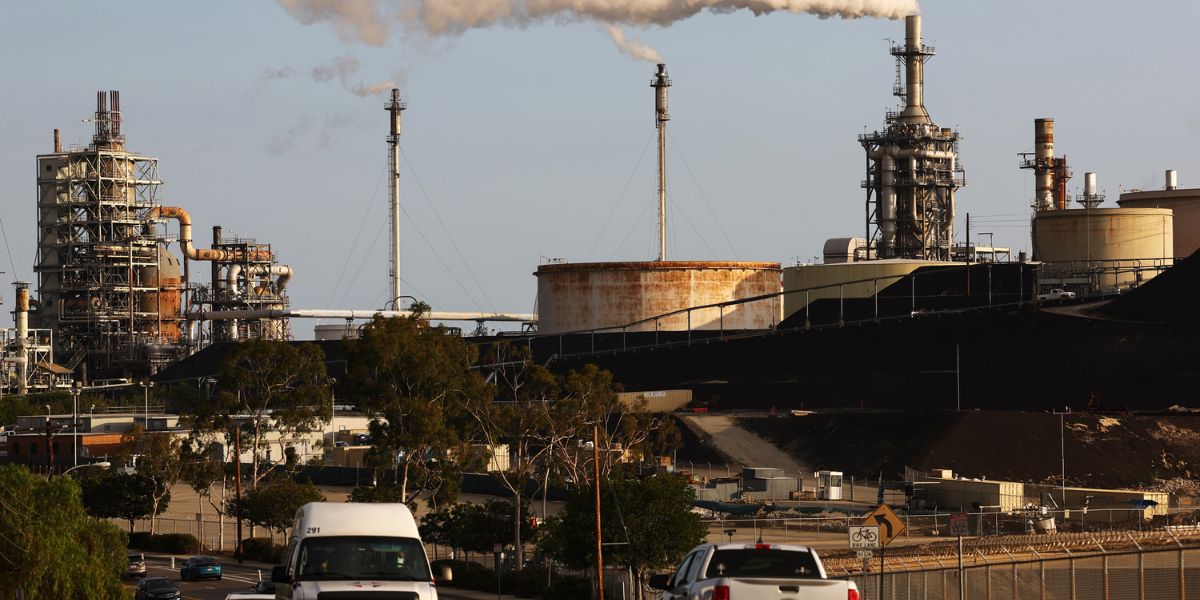Drivers in the state of California should get ready for an increase in the cost of fuel beginning on July 1. As a result of revisions to the country’s inflation rate, the authorities have made the decision to implement more stringent measures. As a result of the increase in gasoline taxes, thousands of people will be impacted, and they will be required to take additional economic precautions in order to keep their financial balance.
Although the news is not received favorably, it is not a new development because the state of California takes the measure of increasing fuel rates according to what is happening with inflation on an annual basis. In terms of the economy, the situation that the country is currently experiencing is directly proportional to the increased amount.
A conversation that took place between GasByddy analyst Patrick De Haan and KSBY provided an explanation of the factors that led to this increase in fuel prices.
“Instead of having to pass a political bill to raise gas taxes every year, many politicians have simply decided to index taxes to inflation,” which means that politicians who find it difficult to raise taxes now do not have to do so. This is because politicians have simply decided to index taxes to inflation.
How much will the increase in gasoline be in California?
It is expected that the excise tax on gasoline will increase from 59.6 cents per gallon to 61.2 cents per gallon this year. Additionally, diesel fuel will see an increase, with the price per gallon going from 45.4 cents to 46.6 cents.
What kind of impact will the increase in the gasoline tax in California have on the prices of goods and services?
There is a good chance that the increase in the gasoline tax and, more specifically, the diesel tax that will take effect in California on July 1 will result in an increase in the prices of goods and services. It is due to the fact that diesel is the primary fuel that is utilized by trucks and other types of freight vehicles.
A rise in the price of diesel for these businesses results in an increase in their operating expenses, which are typically passed on to the end consumers in the form of higher prices for the products and services that they purchase and use.
A year-on-year increase
The California Taxpayers Association reports that the rate of taxation on gasoline has increased by more than a factor of two over the course of the past decade. In 2017, the rate was raised by 12 cents per gallon as a result of Senate Bill 1, which was one of the most significant increases that occurred.
Despite the fact that the increase in diesel tax may appear to be relatively minor, the same association warns that it “will likely lead to higher costs for goods and services.”


 by
by 

